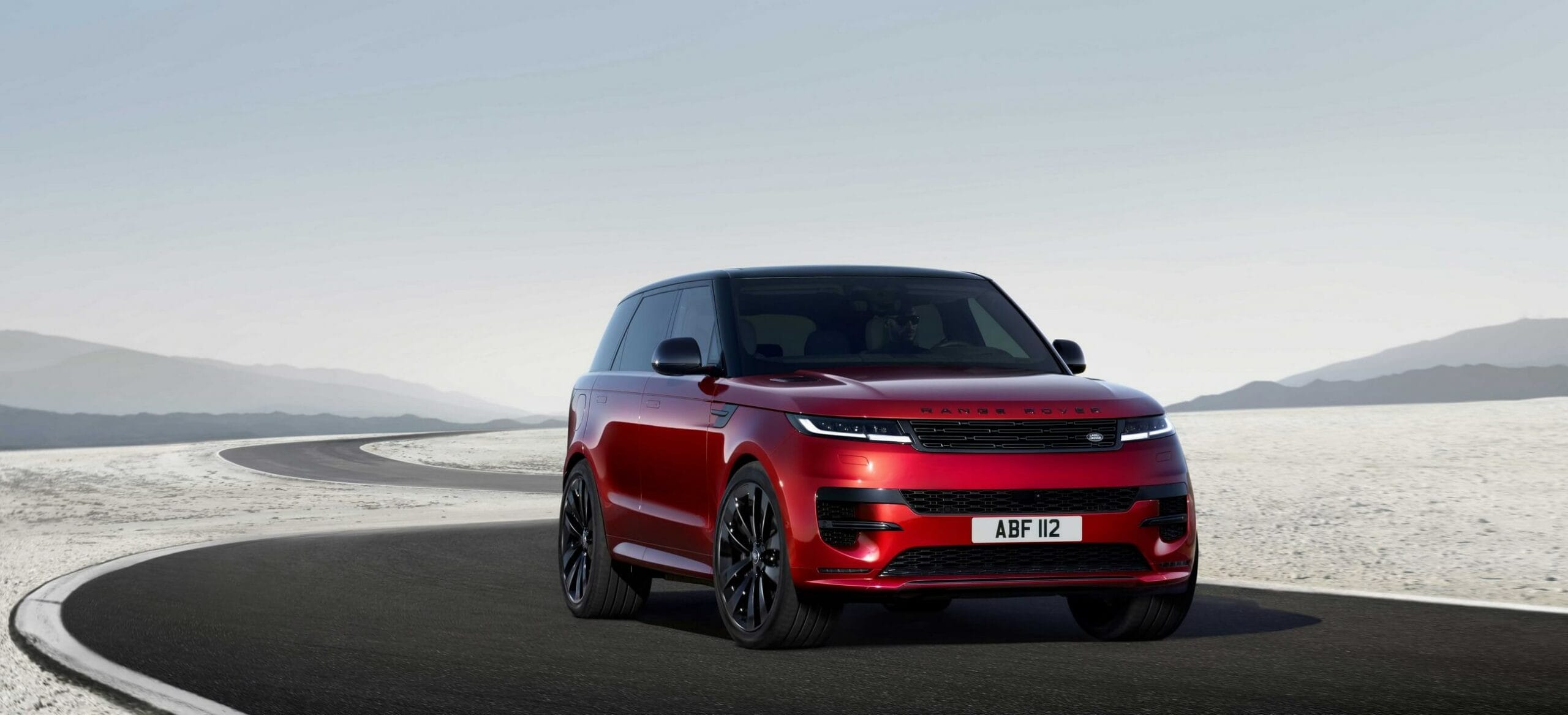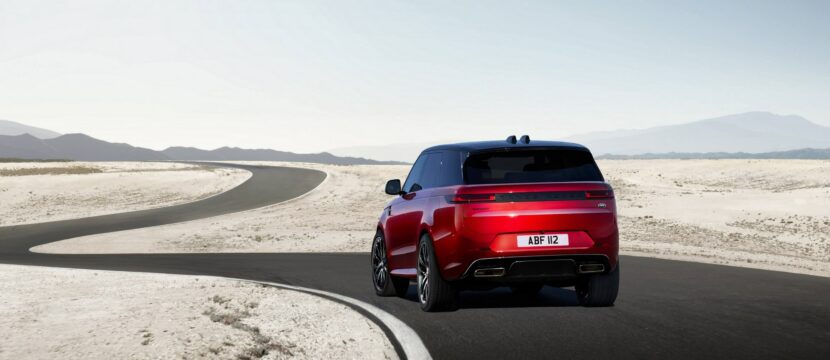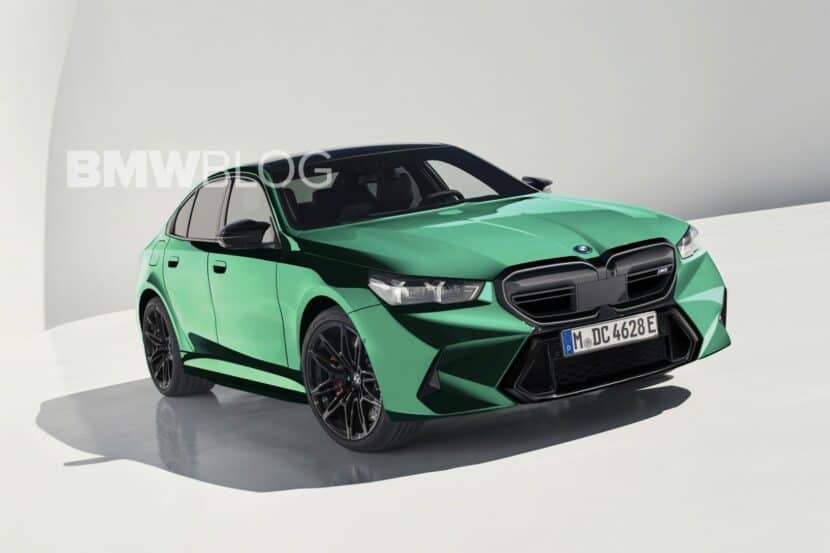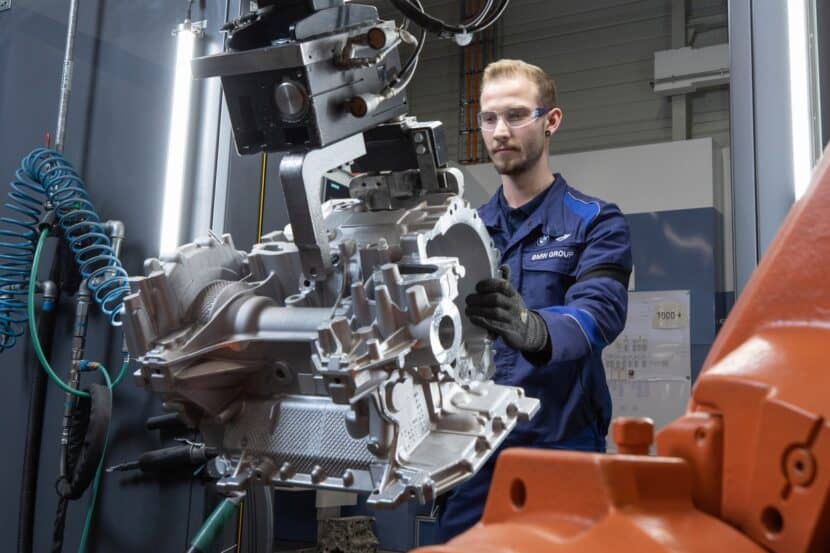BMW’s ubiquitous N63 engine has migrated outside of the BMW Group, over to a British luxury rival—Range Rover. The all-new Range Rover packs BMW’s 4.4-liter twin-turbo V8, making 523 horsepower and 553 lb-ft of torque. However, for the upcoming Range Rover Sport SVR, the brand’s hottest SUV, is it possible we could see a version of BMW’s new S68 engine?
According to Auto Express, it’s possible we could see the Range Rover Sport SVR get over 600 horsepower from a proper M Division engine, to separate it from the more sensible Range Rover. Auto Express’ reasoning is that the brass at Land Rover wants the new SVR to pack more power than the previous-gen car’s 550 horsepower. That old car used a very thirsty 5.0-liter supercharged V8 that, while incredible to listen to, was quickly becoming obsolete compared to its twin-turbocharged German rivals.
Though, I’d reckon there’s a better reason for switching to the S68 engine: emissions. The old N63 engine is nearing the end of its usability, as European emissions regulations are getting stricter, which is why BMW actually developed the new S68 engine—a genuine M Division engine—for use across BMW’s lineup. Making one M Division engine that meets emissions and can be used across the board is far more cost effective than making two; a normal BMW and and an M Division engine. So it’s possible that BMW’s deal with Land Rover includes switching over to the S68, so the latter brand can continue to meet emissions regs as the outgoing N63 engine fades away.
I’m not so sure that’s going to happen. To be honest, it’s likely the Range Rover Sport SVR keeps the same 523 horsepower version of BMW’s N63 engine. Sure, it will be less powerful than the previous mode but, due to bump in torque, broader power band, lighter weight, and lower peak torque figure, it would likely be faster anyway.
However, it is cool to think about a Range Rover Sport SVR packing a proper M Division engine. BMW M doesn’t really lend its engines out to anyone, having only done it for the McLaren F1 and, potentially, the new Toyota GR Supra. These are weird times, though, and it’s certainly possible.
[Source: Auto Express]






































































